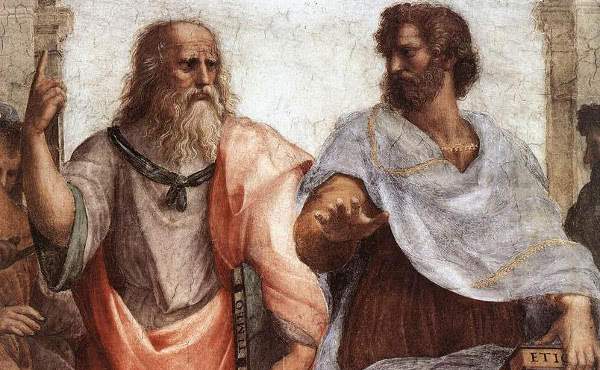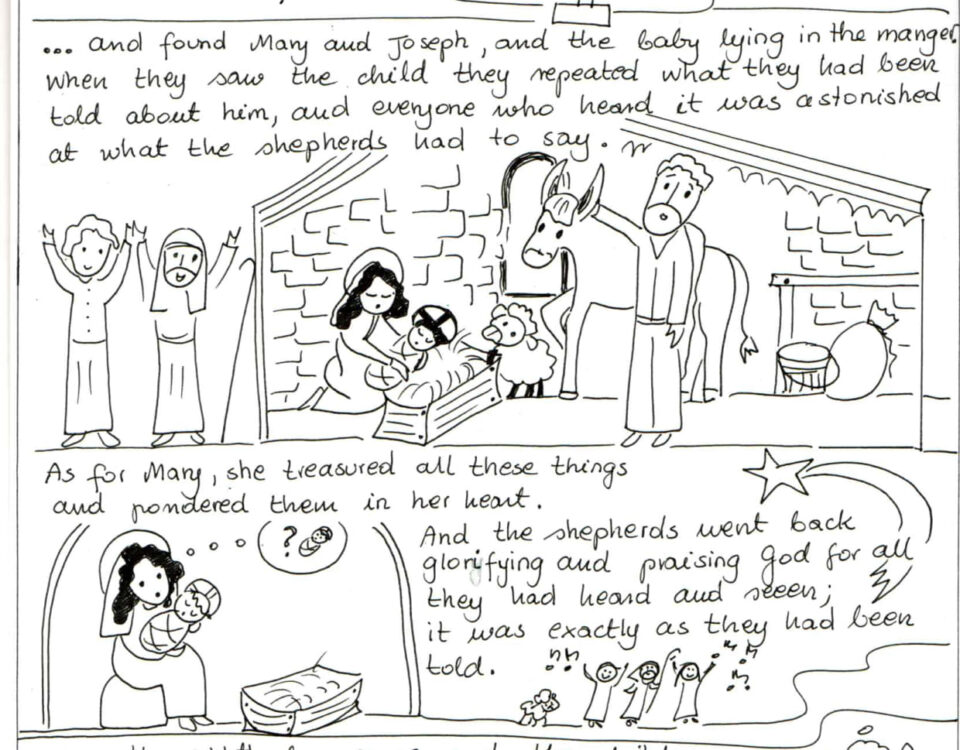Divine Retreat Centre UK – Official Website
Bible study on Genesis: God will surely bring justice to those who are denied justice
March 26, 2022The Importance of Sacrifices in Christian Life
April 21, 2022They cried out again, “Not this man, but Barabbas!” Now Barabbas was a robber. (John 18:40)
Sometimes life happens. You sit in a traffic jam in sweltering heat for one hour longer than your patience can withstand. The rent is overdue and the company you worked for is still holding your pay even though you stayed up until midnight for three nights to meet deadlines. A family member sends you a message for the umpteenth time requesting a loan urgently, even though they didn’t pay back the last two, or even remember to say thank you. It’s the last straw. You can feel yourself boiling over. You’re ready to blow your top big time!
Stop! Breathe!
You are at a defining moment and you have a crucial choice to make.
Jesus or Barabbas?
Isn’t it amazing how different the attitude of Jesus, the Prince of Peace is to that of Barabbas the rebel? Revolutionaries advocate achieving their rights by whatever means necessary. For instance, Argentinian revolutionary Che Guevara is famously quoted saying, “I will fight with all the weapons within my reach rather than let myself be nailed to a cross or whatever.” Jesus reiterated peace, and allowed Himself to be nailed to, and die on a cross. “But I say to you, do not resist an evil person; but whoever slaps you on your right cheek, turn the other to him also” (Matt. 5:39). The two attitudes are completely opposed! One is focused on temporal gain here on earth, while the other is focused on life in eternity; one relies on self, and the other on God. The one is folk wisdom and the other is Godly wisdom.
Wishing others get their Just desserts
Folk wisdom has it that what goes around comes around. In Eastern religion it is known as karma. Many protest when a good person is unfairly treated, but what of the downfall of someone who has made others suffer? When the boss who has made everyone’s life hell gets fired, or the abusive spouse comes down with a terminal illness?
The revolutionary attitude says, “They got their just desserts.” Good has won and all is well. Or is it?
Jesus says, “Father, forgive them.” Even more astounding, he gives a defence for his persecutor’s actions—“they know not what they do.” He’s teaching us that He doesn’t want anyone to ‘get what’s coming to them,’ but wants everyone to be saved. “I, the LORD God, don’t like to see wicked people die. I had much rather see them turn back from their sins and live” (Ezek. 18:23, CEV).
In the words of Venerable Bishop Fulton Sheen: “What Our Lord did say on the cross was to forgive. Forgive your Pilates, who are too week to defend your justice; forgive your Herods, who are too sensual to perceive your spirituality; forgive your Judases, who think worth is to be measured in terms of silver.”
Reserving a special place in hell
There are people who do such horrendous things in society that our minds struggle to understand it. People who abuse children; dealers who sell drugs to young people; a landlord who kicks a family out into the cold during a pandemic—such people make our hearts cry out for justice, and rightly so. But often we go a step further and condemn them to hell. Folk wisdom has it that there’s a special place in hell for certain people.
The revolutionary attitude takes solace in the destruction of the aggressor.
Jesus says, “I thirst.” Not just for the souls of the saintly, but also for the souls of the most hardened sinners. When people do terrible things, we may sometimes wonder why God doesn’t strike them down immediately and place them in the special place we have reserved for them in hell. But this is not God’s mind. “The Lord is not slow to fulfill his promise as some count slowness, but is patient toward you, not wishing that any should perish, but that all should reach repentance” (2 Pet. 3:9). He is teaching us to desire the conversion of hardened sinners, and to pray for them.
Every man for himself
The folk wisdom in Kiswahili, ‘Kila mtu na mzigo wake,’ which loosely translates to, ‘let each person carry their own burden,’ is a common attitude not just in East Africa but globally. An individualistic hear no evil, see no evil, mind your own business philosophy is accepted and often even expected. Nobody likes a busybody.
The revolutionary attitude says, I will fight for myself, for my family, perhaps for my country; everyone else had better keep off.
Jesus says, “Woman, behold your son”… and to John: “Behold your mother.” Seeing His precious and good mother suffer; His own dear mother who has been the most faithful and loving, Jesus could have walked off the cross and been done with the rest of us. Instead He gives us His perfect mother and dies for us; we who don’t deserve Him. He already told us, “This is My commandment, that you love one another, just as I have loved you” (John 15:12), now He’s showing us how.
St. Paul reminds us is Romans 12:5 that we are members of one body; Christ’s body. This is so much more than solitary beings fighting to survive in a difficult world.
Choosing Jesus rather than Barabbas, choosing love over rebellion, is so much easier when we focus on Jesus on the cross. When we remember His perfect example and words in perplexing moments, we can choose to think ‘heavenly’ rather than to follow folk wisdom.



